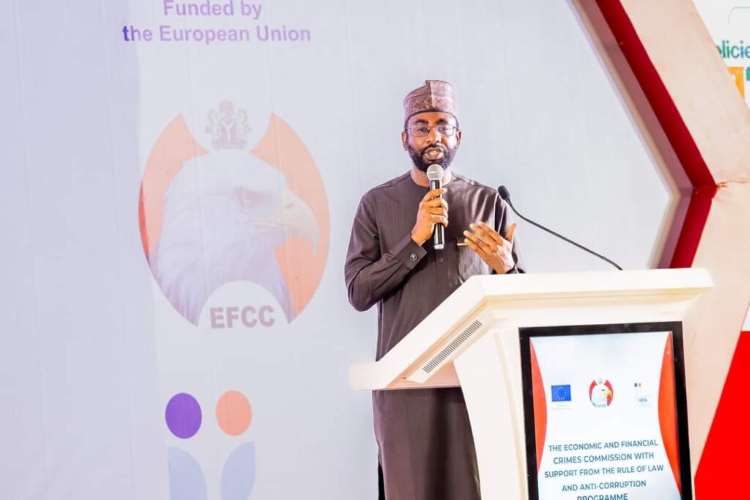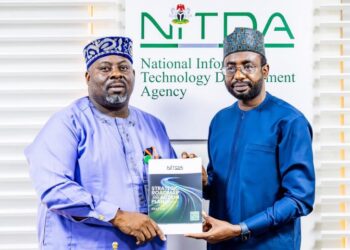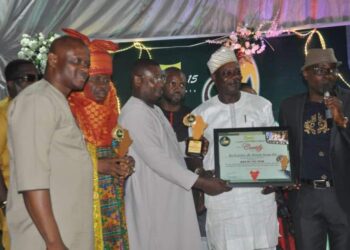The Director General of the National Information Technology Development Agency (NITDA), Kashifu Inuwa, has called for stronger collaboration between the public and private sectors in combating cybercrime.
Speaking at the National Cybercrimes Summit 2024, held at the Banquet Hall of the Presidential Villa in Abuja, Inuwa emphasized the need for increased investment in cybersecurity professionals to fortify Nigeria’s digital economy.
The summit, themed “Alternative to Cybercrime: Optimising Cyber Skills for National Development,” gathered key stakeholders, including industry leaders, heads of security agencies, traditional rulers, and religious leaders, to discuss strategies for addressing the growing cybercrime threat.
Inuwa, who delivered a paper titled “Alternative to Cybercrime,” highlighted the complexities of modern cybercrime, noting that it extends beyond computers to mobile devices, smart technologies, and even vehicles. “We are confronted with an urgent reality. Nigeria, a nation with a rich culture, talent, and limitless potential, is unfortunately grappling with the global menace of cybercrime, but today, we are going to look at alternatives to cybercrime,” Inuwa stated.
He identified five key categories of cybercrime—technical product or service attacks, extortion, data theft, scams, and money laundering—and warned that the financial sector remains the most vulnerable, with over 3,300 cyber-attacks reported weekly across Africa.
Inuwa pointed to unemployment, financial incentives, and lack of awareness about the legal and moral consequences as major factors driving cybercrime in Nigeria. He called for a more holistic approach that not only strengthens law enforcement but also provides alternatives for the youth. “We need to look at alternatives to cybercrime, and the government must focus on digital literacy, skills development, and job creation to steer young Nigerians away from cybercriminality,” he urged.
Inuwa also underscored the potential of Nigeria’s digital economy to create millions of jobs and significantly contribute to the country’s GDP, stating that investment in cybersecurity professionals would yield long-term benefits far outweighing the costs of cyber-attacks.
The event saw the First Lady of Nigeria, Senator Oluremi Tinubu, unveil the EFCC Rapid Response Centre, a 24-hour desk dedicated to responding to cybercrime incidents across the country.
Other notable attendees included the Chairman of the Nigeria Governors’ Forum and Governor of Kwara State, AbdulRahman AbdulRazaq, Katsina State Governor Dikko Umar Radda, Zamfara State Governor Dauda Lawal, Sultan of Sokoto Alhaji Muhammadu Sa’ad Abubakar, and the Obi of Onitsha, Igwe Alfred Nnaemeka Achebe, among others.











